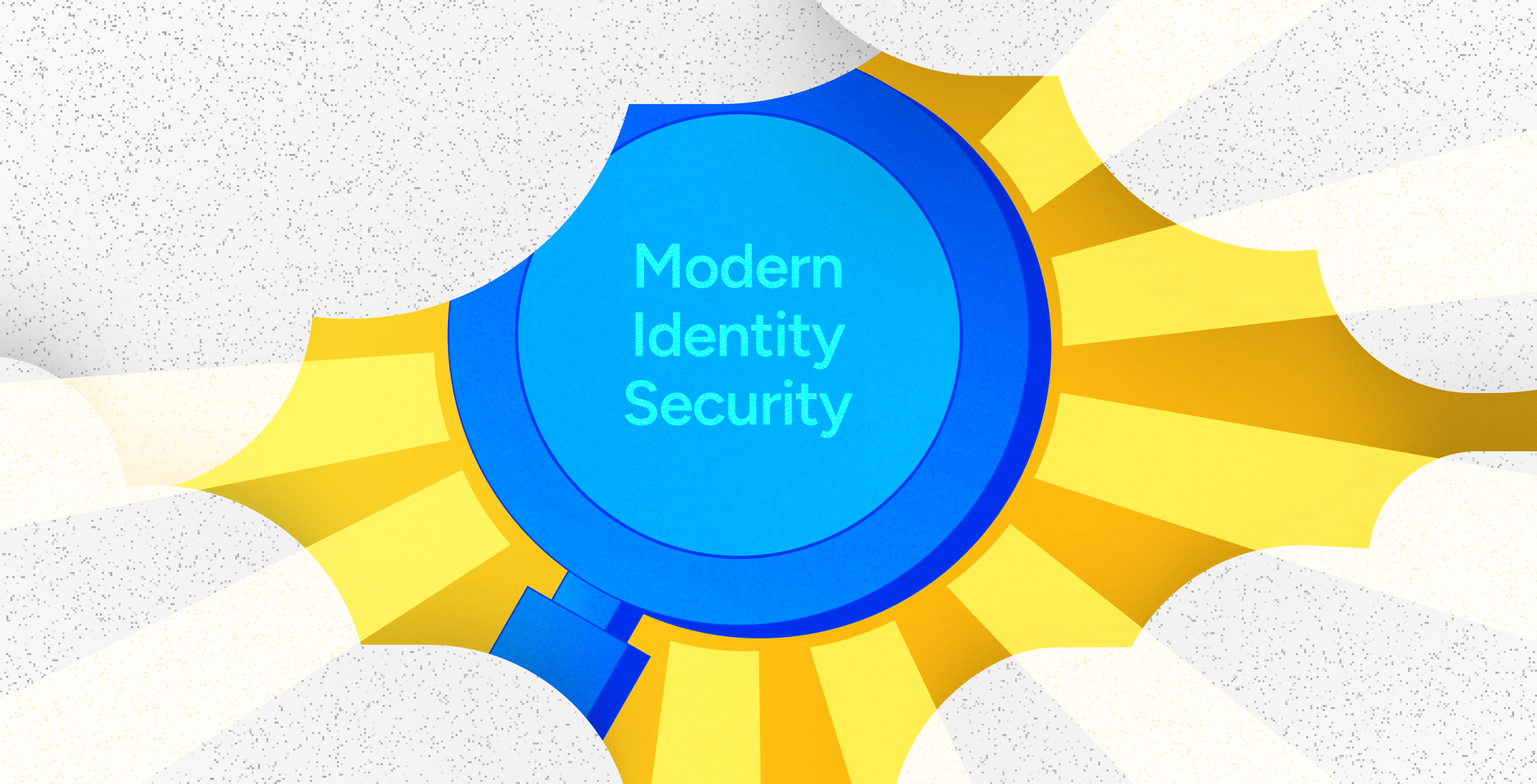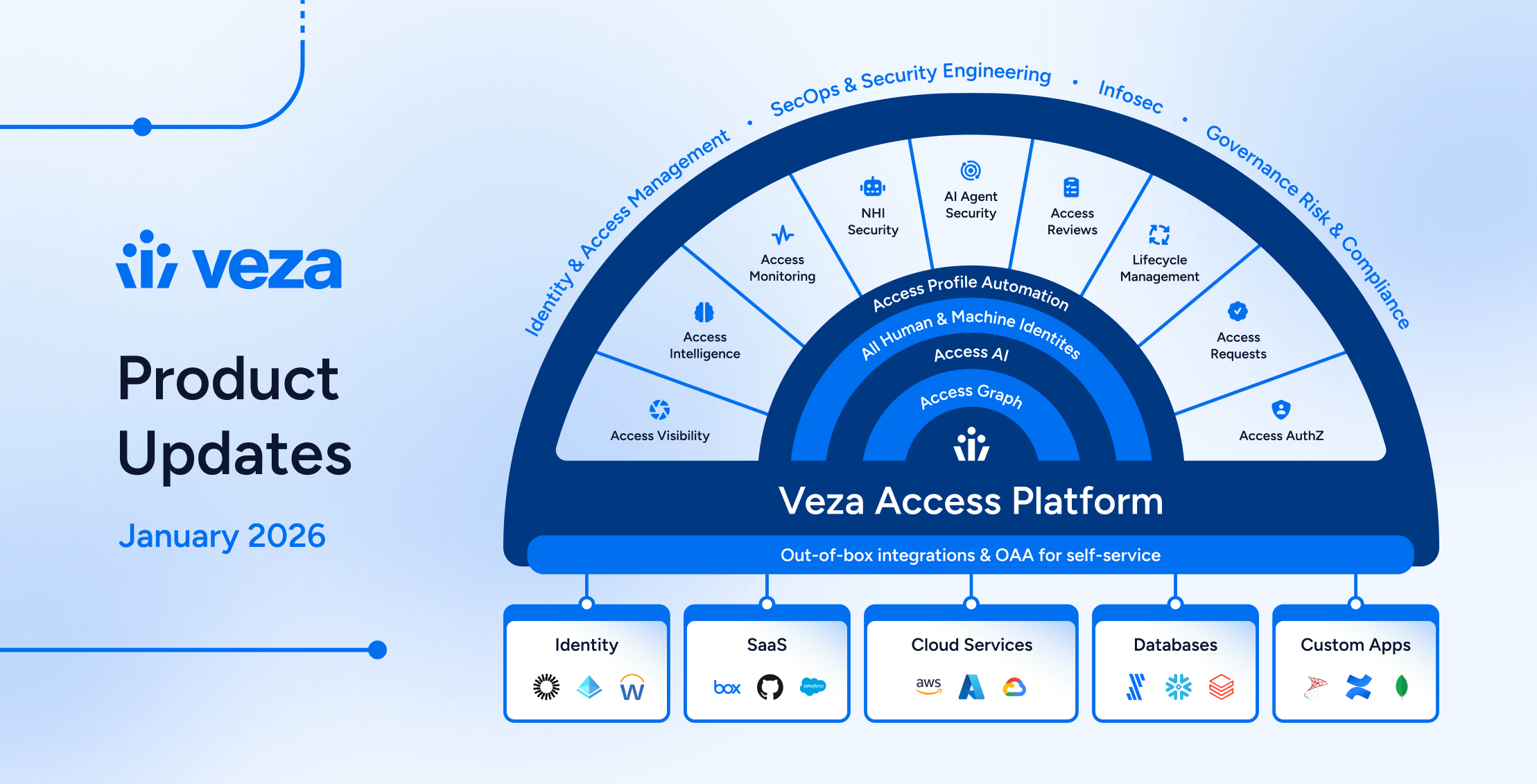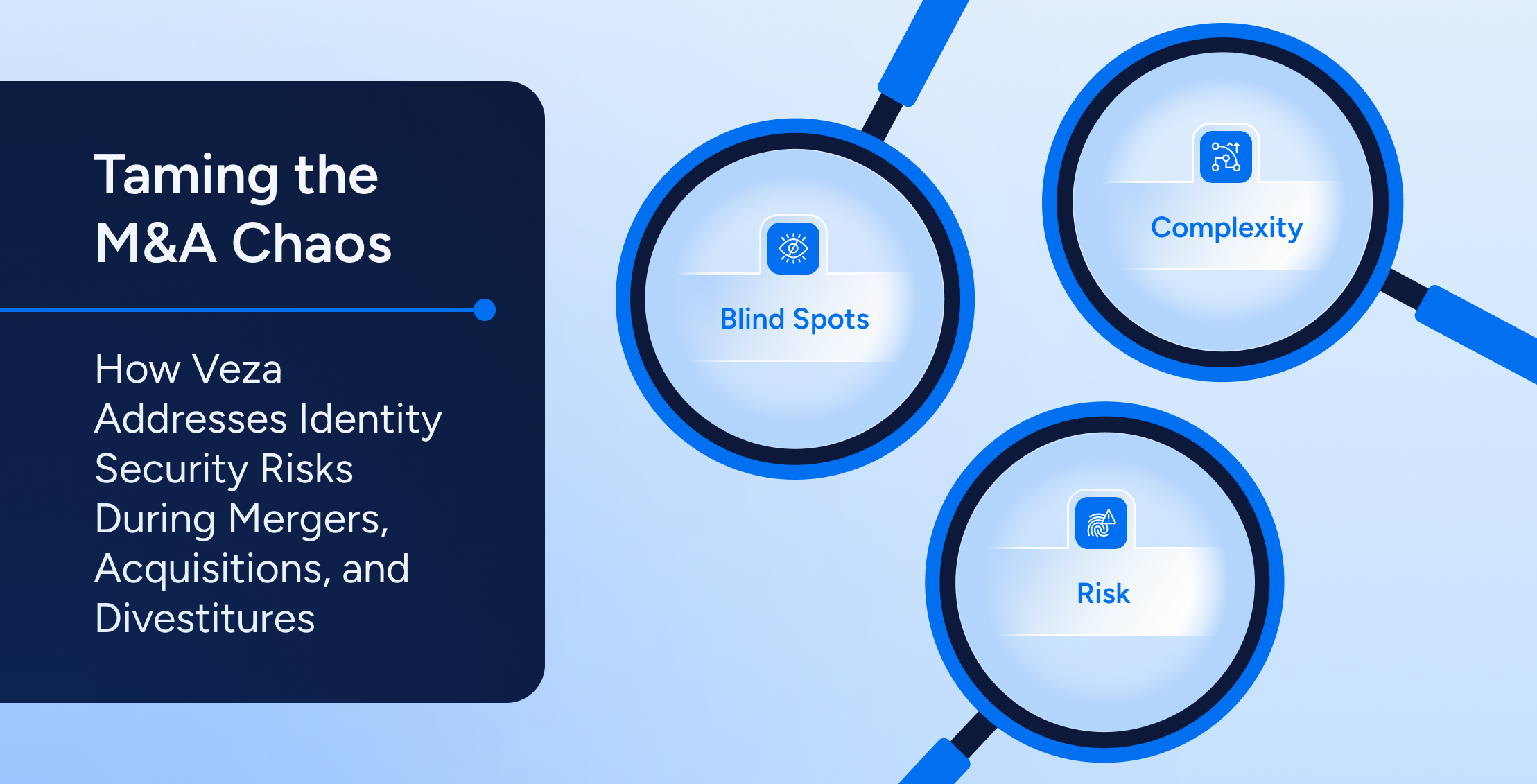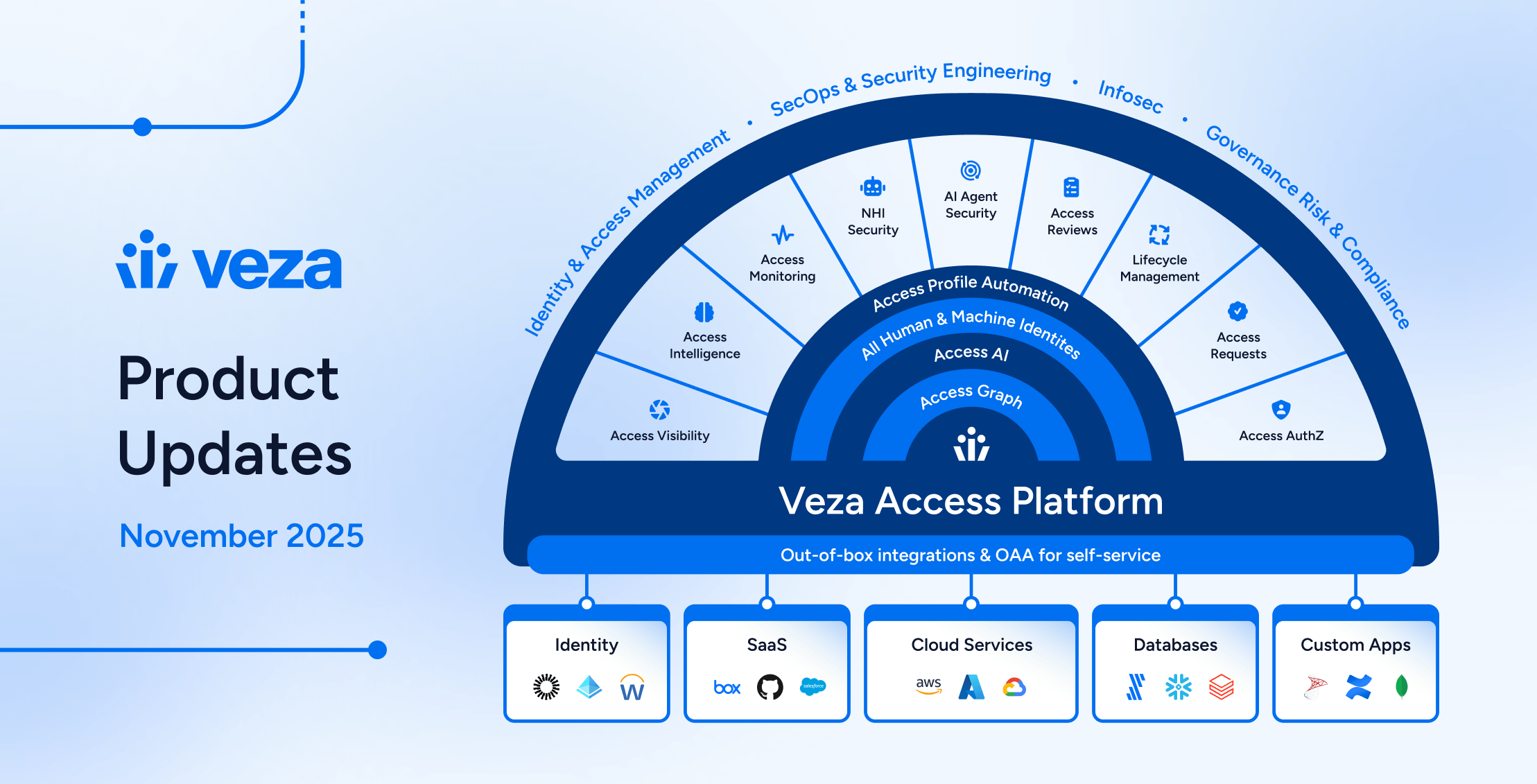
In today’s rapidly evolving digital landscape, organizations across various industries face numerous challenges as they embrace transformative initiatives to stay competitive and drive growth. According to a recent Gartner study, 80% of organizations experienced an identity-related security incident in the last 12 months. This statistic underscores the critical need for security teams to partner with business units to secure these initiatives effectively. From cloud migration and digital transformation to harnessing the power of AI and navigating complex corporate transactions, security teams must be ready to partner with the business and enable these initiatives safely and securely. The shift from a single vendor ecosystem reliant on Active Directory and on-premises infrastructure to a complex web of SaaS applications and cloud services has led to access sprawl. This makes it increasingly difficult for security teams to determine who can access what across the organization. Despite the adoption of identity tools like SSO and MFA, the question remains: “Who can take what action on what data?“
Furthermore, as businesses strive to become more data-driven and digitally agile, the ownership and management of critical SaaS and data platforms have become decentralized, with business units increasingly taking charge of the platforms most relevant to their functions. While this shift fosters agility and innovation, it creates significant blind spots for security teams, who must balance the need for agility with the imperative to maintain strict security controls and protect sensitive data. The consequences of inadequate identity and access management are severe, with 75% of breaches occurring through the theft or misuse of identities.
Implementing and leveraging a modern identity security platform is essential to empower security teams to tackle these challenges head-on, providing comprehensive and flexible solutions that enable secure access, control, and visibility across all users, systems, and data. Such a platform enables organizations to confidently embrace transformative initiatives while maintaining a strong security posture and ensuring that their most critical assets remain secure. In this article, we will explore how a modern identity security platform can empower security teams to enable six key business initiatives: cloud migration, digital transformation, harnessing the power of AI, becoming a data-driven enterprise, navigating M&A and restructuring, and strengthening supply chain resilience.

Cloud Migration
A modern identity security platform provides the necessary tools to secure cloud transitions and cloud native architectures. As organizations migrate to the cloud, they face new challenges in managing and securing identities, including the proliferation of non-human identities (NHIs) such as API keys, service accounts, and machine identities. These NHIs often have high levels of access to sensitive data and systems, making them prime targets for attackers.
For example, a financial services company migrating its core banking systems to the cloud must ensure that sensitive customer data remains secure and compliant with GDPR and PCI-DSS regulations. A robust identity security platform integrates seamlessly with all major cloud providers, enabling unified visibility and control over both human and non-human identities and their permissions across hybrid and multi-cloud environments.
By leveraging such a platform, security teams can effectively monitor and manage the growing number of NHIs in their cloud environments. They can detect anomalous behavior, such as unauthorized access attempts or unusual API activity, and quickly respond to potential threats. This comprehensive approach to identity security enables organizations to reap the benefits of cloud agility and scalability while ensuring that their most critical assets remain secure.
Digital Transformation
As organizations shift from traditional application-centric delivery to modern product and platform-based models, a modern identity security platform helps ensure that security keeps pace with innovation. Consider a healthcare provider launching a new telemedicine platform. By embedding identity security into the fabric of their DevOps processes, the development team can ensure that patient data is protected and access is granted only to authorized users. With a comprehensive identity security platform, security teams can enable their organizations to deliver value to their customers faster, without compromising on security or compliance.
Securing the AI Stack
A modern identity security platform enables organizations to securely harness the power of AI by providing visibility and protection for sensitive training data, securing access to AI models, and enabling robust security controls for AI applications. For instance, a retail company using AI for personalized product recommendations can protect customer data and restrict access to AI models. This mitigates risks associated with unauthorized access, model tampering, and rushed deployments. Security teams can therefore empower their businesses to confidently embrace AI innovation while maintaining a strong security posture and ensuring responsible AI deployment.
Data-Driven Enterprise
Data is the lifeblood of modern organizations, powering insights, innovations, and competitive advantages. A modern identity security platform helps organizations unlock the full potential of their data by providing robust security controls and governance capabilities. For example, a manufacturing company leveraging IoT sensors and big data analytics to optimize its supply chain can ensure that sensitive data is protected and that access is granted only to authorized users and systems. Fine-grained access controls and data governance capabilities offered by a modern identity security platform ensure that the right data is securely available to the right AI and analytics tools while maintaining compliance with data privacy regulations. This enables security teams to empower their organizations to build accurate, reliable AI models that drive meaningful insights and business value.

M&A, Divestitures, and Restructuring
A modern identity security platform simplifies identity security and access challenges during corporate transactions and organizational changes. Consider a multinational conglomerate undergoing a major restructuring. A unified identity security platform enables seamless onboarding, offboarding, and granular control over user roles and permissions across all entities, ensuring that employees have access to the resources they need to perform their jobs effectively. By leveraging such a platform, security teams can quickly integrate or separate systems, policies, and user bases while maintaining a strong security posture and empowering their workforce to succeed in new roles.
Supply Chain Resilience
As organizations increasingly rely on complex networks of vendors, partners, and suppliers, securing the digital supply chain has become a top priority. For example, an automotive manufacturer collaborating with hundreds of suppliers worldwide can safely share sensitive design and production data by leveraging a modern identity security platform.
This is further complicated by a common trend that many enterprises’ HR departments do not have the same level of control or ownership for the contingent workforce as they do for employees. This would include collaboration partners, service providers, and outsourced administrators – most of which need some level of access to enterprise platforms to perform their expected duties.
Modern identity security – designed with visibility and understanding of the permissions of all users on all platforms – enables organizations to safely collaborate with their supply chain partners by providing secure, granular access controls and continuous monitoring capabilities. By mitigating the risks of supply chain attacks and data breaches while enabling seamless and efficient collaboration across the extended enterprise, security teams can help strengthen their organization’s supply chain resilience.
Conclusion
As security leaders and practitioners, we must take on the challenges of the digital age with confidence and resilience, and support, rather than encumber, our businesses. By implementing and leveraging a modern identity security platform, security teams across industries can empower their organizations to embrace transformative initiatives with confidence, knowing that their most critical assets are secure and that their security posture is aligned with their business objectives. With a comprehensive identity security platform, security teams can become true partners to the business, enabling innovation, growth, and success in the digital era.





